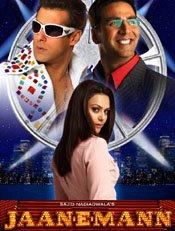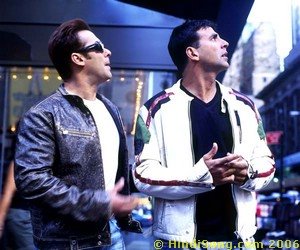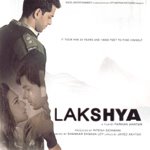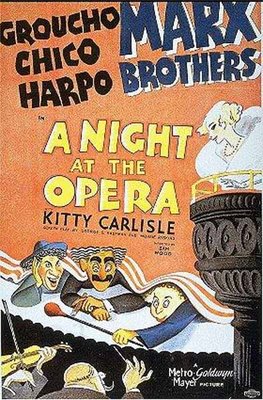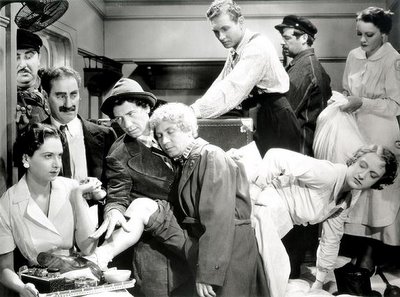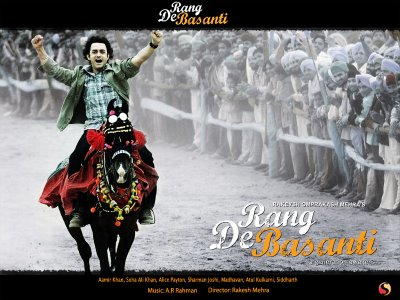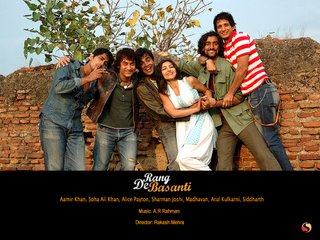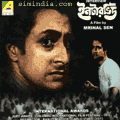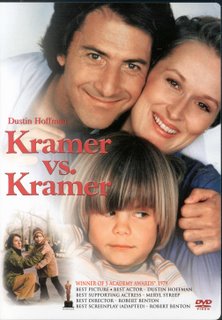
The Postman Delivers
And it was at that age ... Poetry arrived
in search of me. I don't know, I don't know where
it came from, from winter or a river.
I don't know how or when,no they were not voices, they were not
words, nor silence,but from a street I was summoned,
from the branches of night,
abruptly from the others,
among violent fires
or returning alone,
there I was without a face
and it touched me.
I did not know what to say, my mouth
had no way
with names,my eyes were blind,
and something started in my soul,
fever or forgotten wings,
and I made my own way,
deciphering
that fire,
and I wrote the first faint line,
faint, without substance, purenonsense,
pure wisdom
of someone who knows nothing,
and suddenly I sawthe heavens
unfastenedand open,
planets,
palpitating plantations,
shadow perforated,
riddled with arrows, fire and flowers,
the winding night, the universe.
And I, infinitesimal being,
drunk with the great starry
void,
likeness, image of
mystery,
felt myself a pure partof the abyss,
I wheeled with the stars,
my heart broke loose on the wind.
Poetry - Pablo Neruda
I never knew who needed the poem? Or who was in greater need of poetry? The person who wrote it, or the person who "needed" it. And then like Poetry arrived for Neruda himself, searching him out, Il Postino came in search of me and I wrote my first faint line. A film is an art form and no where has the intermediacy of the modes of films and poetry been so beautifully intermeshed, as in Il Postino. Truly remarkable, truly unbelievable.
The simple story of a fishing community in rural Italy. There are no educated people here. All that they need is provided to them through the fishing business. Mario Ruoppolo (Massimo Troisi) is just a poor guy, who knows how to read a little, that too at a very slow pace and all that he has read, belong to the poems of a certain Pablo Neruda. He is a bad fisherman and therefore he applies for the job of a postman in the village. But what good is that job, because no one there knows how to read and therefore, who would send them letters?
But Pablo Neruda (Phillepe Noiret) has just been exiled from Chile and has sought refuge in Italy. Under severe politcal pressure, Italy conscents to let him have his own little space in a non-descript Italian village, where he could stay for as long as he wanted. Since no one else in the village can read or write, the letters then end up being delivered to only one person - Pablo Neruda.
Therein begins the movie. Letters, parcels, all in bulks of a few hundreds, start arriving. From a mere government postman, Mario becomes something like a personal secretary of the great poet himself. And he brings him all his messages, all his communication from the outside world, a dictaphone from Chile and eventually, he also brings him a message from the Nobel foundation of Sweden that they were seriously considering awarding the Nobel Prize to the Chilean for his unparalleled contribution to poetry.
And the friendship grows. When you see a face for everyday, when you exchange words with that face everyday, even if it be for a few seconds, you do develop a certain bonhomy with that person, don't you? And this is just what happens between the poet and the postman. Their meetings signify a convergence between the internal world and the external world; carrying the news of millions of strangers, receiving letters from millions of strangers, they develop their own personal space, their own personal communication. And that is where Mario asks for help.
He is madly in love with the namesake of Dante's beloved, Beatrice (Maria Grazia Cucinotta). She is an absolute beauty, and there is no way that Mario can make any inroads into her heart. But now things are far different. He has the help of the greatest exponent of the romantic verse, Pablo Neruda. Neruda inspires, Mario writes. And together, a Marxist, an aethiest, brings two individuals before the alter. Love can make you do many things.
Neruda eventually serves out his asylum in Italy. Pinochet wins over the political mess that had led to Neruda's exile originally and therefore it is time for the master poet to return. There are a few tears shed, as an unspeakable friendship comes to an end. Neruda promises to write, but then once back, he must have been engulfed in the Chilean power mess and therefore all that Mario receives are mails from his secretary, asking Mario to send along items that the poet had left behind in Italy.
Mario continues the Communist dream and gets killed in a stampede operated by Italy's fascist nexus. Mario is dead and gone and he is survived by his wife Beatrice and son, Pablito. And then it happens ... Neruda returns to the village to meet his long lost friend, only to find that he is lost forever.
A truly remarkable piece of film-making, Il Postino is a tribute to the world of cinema. A film where verses rule supreme as the primary lyric, the music is completely breathtaking and awe-inspiring. The camerawork rules the roster, complementing the theme sequnce of the film, poetry. And so are the performances - simply poetic. The film is a metaphor of poetry and vice-versa. What is a metaphor? Go watch the movie ...
Man has no business with the simplicity or the complexity of thigs - Pablo Neruda (Il Postino)







